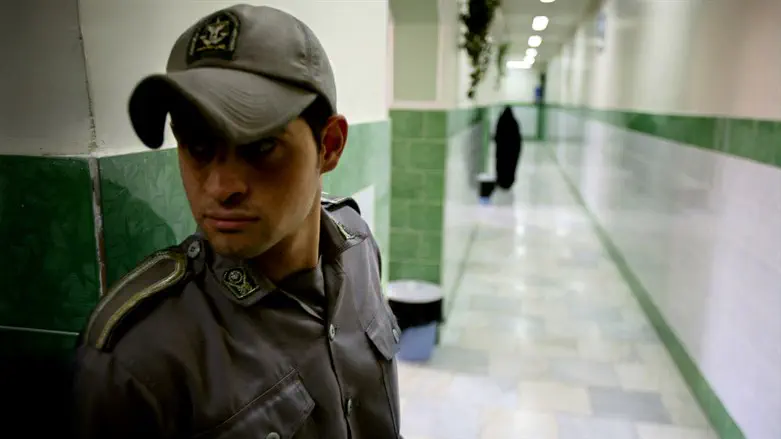Human Rights Watch has accused Israel of conducting an “unlawfully indiscriminate” strike on the Evin prison complex in Tehran during the June conflict between Israel and Iran, claiming that no prior warning or evident military target was identified before the attack.
The group estimates that over 1,500 prisoners were held at the site at the time, reported The Associated Press.
“To make matters worse, Israeli forces put at grave risk prisoners who were already victims of Iranian authorities’ brutal repression,” said Michael Page, deputy Middle East director at Human Rights Watch.
Following the airstrike, Iranian authorities reportedly evacuated inmates from the damaged prison and transferred them to two other facilities in Tehran province. Iranian state media claimed the transfers occurred peacefully and without incident, and that prisoners were gradually returned starting August 8.
However, Human Rights Watch and relatives of inmates allege that some detainees, including political prisoners, were subjected to beatings and electric shocks for resisting orders and protesting the separation of death-row inmates.
The rights group further claims that some prisoners, including Swedish-Iranian academic Ahmadreza Djalali—who faces execution—have since gone missing. Iran has not provided any information about Djalali’s current whereabouts, according to the group.
“Iranian authorities should not use Israel’s strikes on Evin prison as another opportunity to subject prisoners, including those who should never have been in prison in the first place, to ill-treatment,” added Page.
The Evin Prison was opened in the 1970s by the SAVAK, the Shah’s secret police, and since 1979 has been seen as the symbol of revolutionary Iran’s oppression against political and diplomatic prisoners. It is known for its brutality and torture methods.
According to human rights groups, among the methods used in the prison are electric shocks, sleep deprivation, refusal of medical treatment, solitary confinement, and the recording of confessions under psychological and physical duress. Wing 209 of the prison is operated directly by the Iranian Intelligence Ministry and is considered the harshest.
